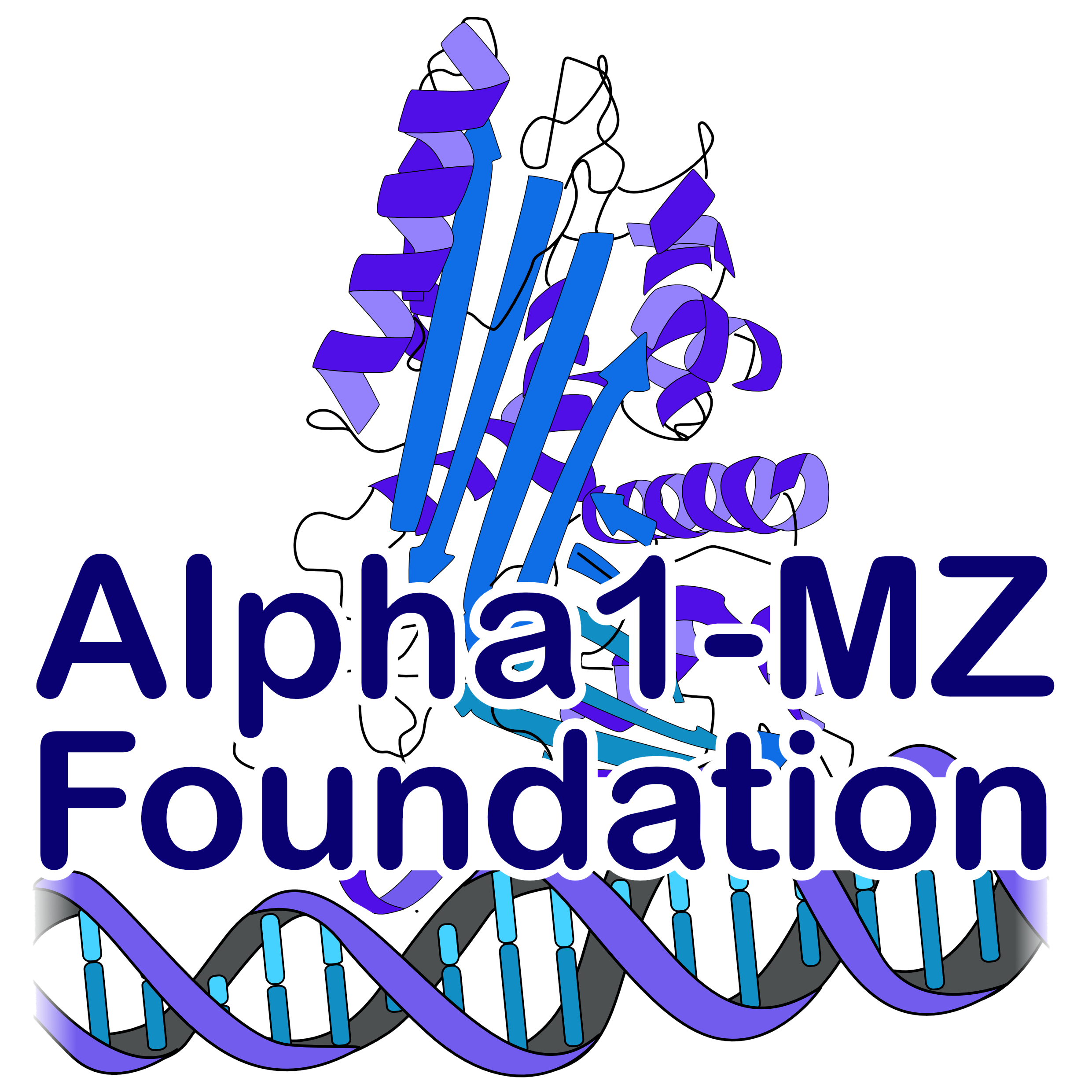Introduction
Vitamin D is essential for overall health, particularly in northern hemisphere countries where limited sunlight exposure increases the risk of deficiency. For the general population and Alpha-1 MZs, vitamin D supports multiple bodily functions beyond its well-known role in bone health. This article highlights its benefits, with a focus on the unique needs of northern regions and considerations for MZ patients with impaired liver function.

Advantages of Vitamin D
- Bone health:
- Vitamin D enhances calcium absorption, critical for strong bones and preventing osteoporosis.
- In northern countries (e.g., northern Europe, Canada, northern U.S.), where sunlight is scarce for much of the year, low vitamin D levels increase risks of fractures and rickets.
- Immune system support:
- Vitamin D regulates immune responses, reducing inflammation and supporting defenses against infections like colds and flu, which are more common in northern winters.
- It promotes regulatory T-cells, helping prevent autoimmune conditions, a benefit for both general and MZ populations.
- Allergy and histamine regulation:
- In MZ patients, high active vitamin D (1,25D) may increase allergy-like symptoms due to a Th2 immune shift, but adequate vitamin D levels can stabilize mast cells, potentially reducing histamine-driven issues like itching or hives. However, high-dose D₃ is not recommended in MZs, since the liver already struggles with processing. Instead, consider using 25D (calcifediol) in low daily doses.
- For people living in northern countries, maintaining optimal vitamin D may mitigate seasonal allergies exacerbated by indoor confinement.
- Mental health and mood:
- Vitamin D receptors in the brain suggest a role in mood regulation. Deficiency is linked to seasonal affective disorder (SAD), prevalent in northern regions with long, dark winters.
- Studies show supplementation may improve mood and reduce depression risk, benefiting populations in high-latitude areas.
- Cardiovascular health:
- Adequate vitamin D supports heart health by regulating blood pressure and reducing inflammation.
- Northern populations, with higher rates of deficiency, may face increased cardiovascular risks, making supplementation or safe sun exposure critical.
Why northern hemisphere residents need vitamin D:
- Limited sunlight: Above 40°N latitude (e.g., Boston, Oslo, or Beijing), UVB rays needed for skin-based vitamin D synthesis are insufficient from October to March.
- Indoor lifestyles: Cold climates drive people indoors, further reducing sun exposure.
- Dietary challenges: Few foods naturally contain vitamin D (e.g., fatty fish, fortified dairy), and northern diets may not provide enough.
- Higher deficiency rates: Studies indicate 40–70% of northern populations have suboptimal 25D levels (<20 ng/mL), increasing health risks.
Special considerations for MZs
- Impaired liver function: MZ patients have reduced bile acid secretion, lowering calcium absorption and elevating 1,25D, which affects the immune balance.
- Lower vitamin D-Binding Protein (DBP): A smaller “storage box” for vitamin D means MZ patients may not tolerate high-dose D₃ supplements, risking immune dysregulation.
- Tailored supplementation: Low-dose calcifediol (25D) is safer than D₃. Aim for 20–30 ng/mL 25D, monitored via blood tests.
Key differences between vitamin D3 and calcifediol
Cholecalciferol (Vitamin D3) is the form of vitamin D your body naturally produces when exposed to sunlight, and is commonly found in many supplements. However, before your body can use it, cholecalciferol requires conversion in the liver to become usable as vitamin D, a process that can be slow and burdensome for MZs.
Calcifediol is the next step in this conversion process and is closer to the active form your body needs, called calcitriol.
Practical takeaways for northern hemisphere residents:
- Have your vitamin D levels tested annually, especially in late winter when levels are lowest.
- Safe supplementation: For the general population, 800–2000 IU D₃ daily is often recommended; MZ patients should use low-dose calcifediol (25D) under medical guidance.
- Sun exposure: In summer, 15–30 minutes of midday sun exposure (face, arms, legs) 2–3 times weekly can boost vitamin D, depending on skin type and latitude.
- Dietary sources: Include fortified foods (milk, orange juice) and fatty fish (salmon, mackerel).
- MZ-specific advice: Monitor for allergy-like symptoms, as high 1,25D may increase histamine sensitivity. Combine with calcium citrate (≤500 mg/dose) and magnesium (2:1 ratio) for balance, and consider vitamin K2 (100–200 µg MK-7) to direct calcium to bones.
Collaboration Spotlight
Partnering with Made by Daily for accessible calcifediol
The Alpha1 MZ Foundation is proud to collaborate with Made by Daily Ltd., a leading producer of fast-acting calcifediol (25D) supplements designed for optimal absorption—3.2 times more potent than standard vitamin D forms. This partnership offers Alpha-1 MZs access to low-dose, liver-friendly options.
Through our exclusive affiliation, members and supporters can enjoy a 10% discount on VitamoreD when ordering via their website (use code Alpha1MZ10 at checkout).
Closing note
Vitamin D is vital for bone, immune, and mental health, particularly in northern hemisphere countries where sunlight scarcity drives deficiency. For MZs, its role as an immune-modulating hormone requires careful management due to liver-related challenges. Regular testing, tailored supplementation, and lifestyle adjustments can maximize benefits while minimizing risks.
Consult your doctor for personalized advice, especially for MZ patients, to ensure safe supplementation based on lab results and health needs.
